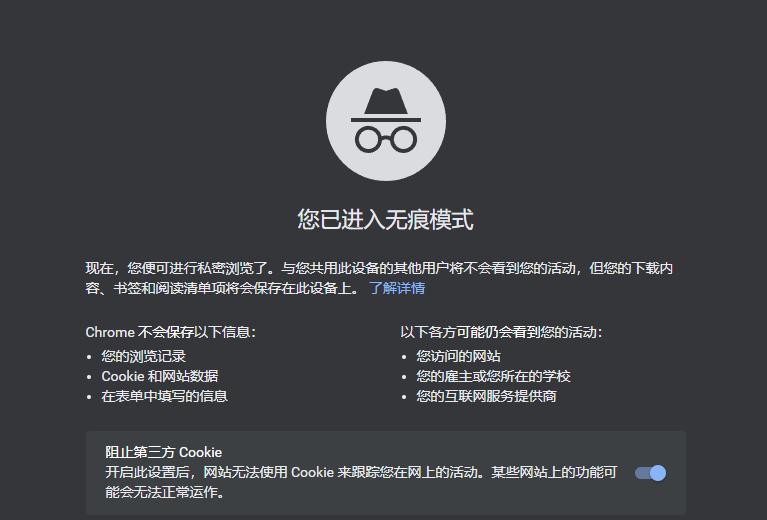IT House January 3 news, a lawsuit filed in California federal court in June 2020 said that Google Chrome's "incognito mode" is not as private as people think.

For now, Alphabet CEO Sundar Pichai will need to answer the following question: Even if the user activates the browser's "incognito mode," Google will continue to track users.
The case, brown et al. v. Google LLC, was filed on June 2, 2020, and was assigned to Judge Lucy Koch of the U.S. District Court in San Jose, California.
On the 27th of last month, the judge issued Pichai's evidence order, requiring him to testify in the case for no more than two hours, because the plaintiffs claimed that Pichai had "unique personal knowledge of issues related to Chrome browser and privacy issues." Earlier in the case, the court also issued an order requiring Google's chief marketing officer, Lorraine Twohill, to answer questions about how the tech giant is promoting browser features.
Google's legal team tried to prevent Pichai from testifying in the case. They claim that low-level employees who work directly with Chrome Browser are better suited to answer questions about how the browser's "incognito mode" feature works.
Even in "incognito mode," Google collected duplicate records of GET requests, users' IP addresses connected to the Internet, user IDs, geographic locations, cookies, and other fingerprint data, the plaintiffs alleged. The plaintiffs allege that Google misrepresented the functionality of "incognito mode." The plaintiffs also mentioned that if the website wants to get the data of these visiting users collected by Google, it needs to spend money to upgrade it first, which is also one of Google's sources of revenue.
IT House understands that Google disputes these claims, saying that when a user opens a new "incognito mode" tab or window, the functionality of "incognito mode" is explicitly disclosed, and the user's online activity can still be seen by the websites they visit. Google asked the court to set aside the class action, but the request was rejected by Judge Koch in March 2021.
When a user opens a new stealth mode window or tab in Chrome, Google says the browser does not save browsing history, cookies and website data, as well as information entered on forms. But Google does say that visited websites, employers or schools, and Internet service providers may still see users' online activity, and the current version of Chrome browser allows users to choose whether they want to block third-party cookies under the incognito mode.
Google spokeswoman José Casta eda told Bloomberg that the company cooperated with the plaintiffs' "numerous requests" during the evidence gathering phase of the trial. He said the call for Pichai to testify was "unjustified and excessive."